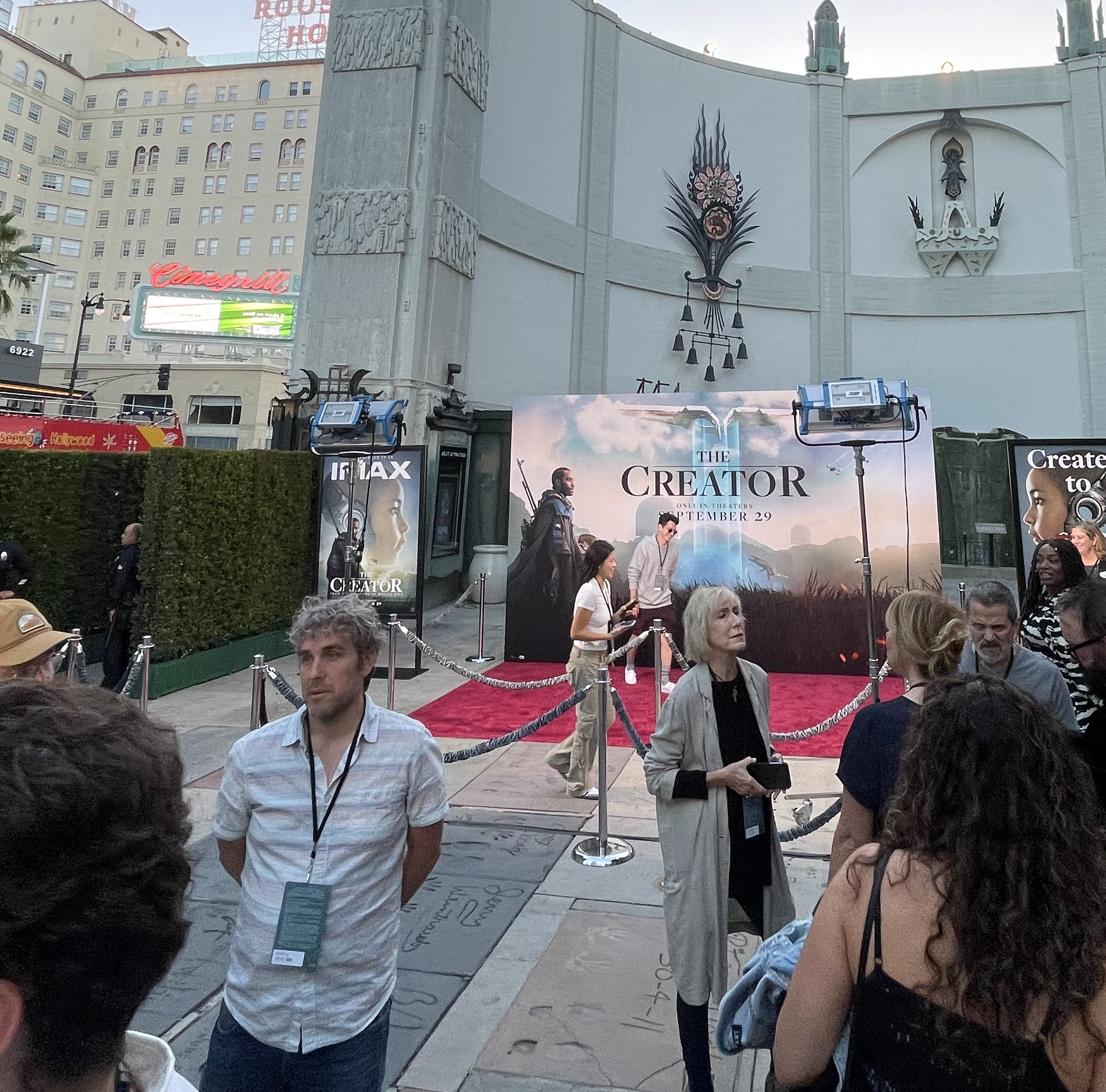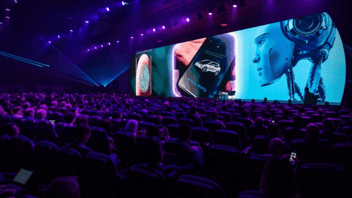How do we measure our success as trade show stand creators and experiential designers? Is there one clear way to gather, analyse and build on data from event attendance and visitor feedback so that we can improve performance year on year? To arrive at this 'perfect data point', there are other things that the experiential design industry needs to consider and accomplish first.
There's no such thing as “perfect data” when it comes to post-event analysis. Yes, we have progressed immensely in the past few years, partly because of the challenges that the pandemic gave us, but we need to continue to push the envelope. The experiential events sector has made progress in leaps and bounds – but this is only the beginning. Simply put, we need to do more.
As a sector, we need to ask ourselves some searching questions. What do attendees at events expect from us, the providers? What type of experience do they expect to see? And what type of experience will make their time at an event well spent? By this, I mean enjoyable, advantageous and even profitable?
 Showing off Qualcomm's Snapdragon automotive technology at CES 2023
Showing off Qualcomm's Snapdragon automotive technology at CES 2023
How does event attendance affect sales?
Crucially, those companies that commission exhibition stands need to understand any and all of the links between those visitors coming to their stand or enjoying an activation or experiential space. And what can be demonstrably shown to be the link between attendance and a direct positive effect upon the sales cycle or profile.
Those of us in the experiential sector need to be able to measure, demonstrate and communicate that in a proactive, professional manner. That takes innovation and investment, and a keenly honed understanding of the sales and procurement processes through which our clients go.
What we need then is a mixture of both filtered and refined data that embraces all aspects of the exhibition cycle. This, coupled with focused anecdotal evidence and human feedback from attendees, will set us a long way along the path to creating a more perfect data footprint.
Making iGaming leaders PaySafe stand out at CES 2022
So what needs to change?
The experiential sector needs to continue to up its game in terms of articulating the undoubted value of a brand’s investment in experiential marketing. We have no God-given right to be attracting marketing in this. We need to make the case for such investment.
During the pandemic, when there were no in-person events and exhibitions, it was all too simple for decision-makers and procurement officers to say, “Well, we didn’t spend on experiential marketing so naturally we didn’t make any sales leads that way”.

Showcasing how experiential design influences business results
Now in the post-pandemic world, it is essential for the sector’s growth to wield all the tools and data at our disposal to demonstrate to clients just how undeniably and incredibly effective in-person events are at building brand profile. We can and must create meaningful and lasting engagement with target audiences thereby driving the sales cycle.
When it comes to justifying the marketing spend for expos and events, as a sector we must do more of the heavy lifting. We already have so much of the data to do that, and now we must start presenting it in a more perfect way.
By the way - if you’ll be attending MWC 2024, we’d love to connect with you onsite. You can learn more about us here, contact us here, or subscribe below to stay in the loop.
For over 30 years Enigma has been putting Brands in Focus. You can take a closer look at our experiential marketing principles here, contact us here, or follow the link below for stats on the effectiveness of in-person events.




